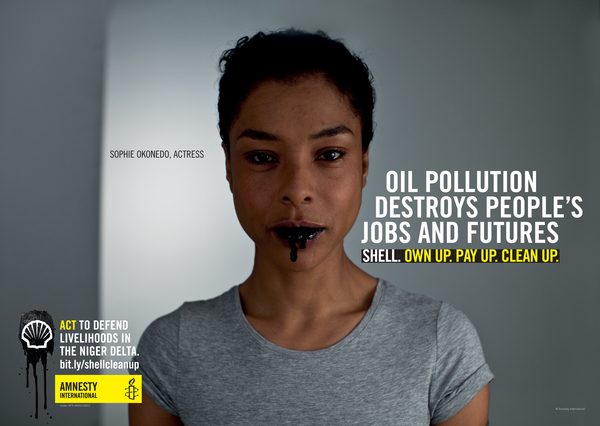
I've just started reading Louise Erdrich's The Round House (a Cleveland Rights Readers selection). This fictional narrative draws on realities like those described in the Amnesty International report, Maze of Injustice, about sexual violence against indigenous women, and institutional barriers to redress. Now I'm really looking forward to another look at gender issues and Native Americans in the up-coming PBS Independent Lens presentation of Young Lakota,
South Dakota’s Pine Ridge Reservation is no stranger to strife and heartbreak, stark realities, and inspired idealism. In Young Lakota, we are brought directly into the emotional and often uncertain journey of Sunny Clifford, her twin sister Serena, and their politically ambitious friend Brandon Ferguson, who all share the desire to make a difference for themselves and their community.
Their political awakening begins when Cecelia Fire Thunder — the first female president of the Oglala Lakota — defies a South Dakota law that makes abortion a crime, even in cases of rape or incest. Fire Thunder takes a stand by proposing a women's health clinic providing abortions on the reservation but open to all local women. While Serena is unwed and with a toddler, and Brandon is raising two little boys, Sunny is just back on the reservation after two years in college. All three find themselves immersed in this political battle as they struggle between opportunity and principle.The film comes from the team that made the excellent documentary, The Education of Shelby Knox. Young Lakota premieres on November 25th.
While I'm at it, another Frontline/Independent Lens offering on these themes is last spring's Kind Hearted Woman, the film follows Robin Charboneau, a 32-year-old divorced single mother and Oglala Sioux woman living on North Dakota’s Spirit Lake Reservation.
Robin’s battles in tribal court with her ex-husband for custody of the children, even after he is convicted of abusive sexual contact with his daughter, illuminate how serious this problem is on the reservation. Her quest to heal her family, find a man worthy of her love, build a career, and fulfill her goal of returning to her reservation to help prevent the abuse of women and children, takes her on an intimate and inspiring journey full of heartbreak, discovery, and redemption.
The film is available to watch online at the PBS site, or you can download the audio on iTunes (a good way to work through it's full five hours). Both films are great companions to Erdrich's award-winning novel.









